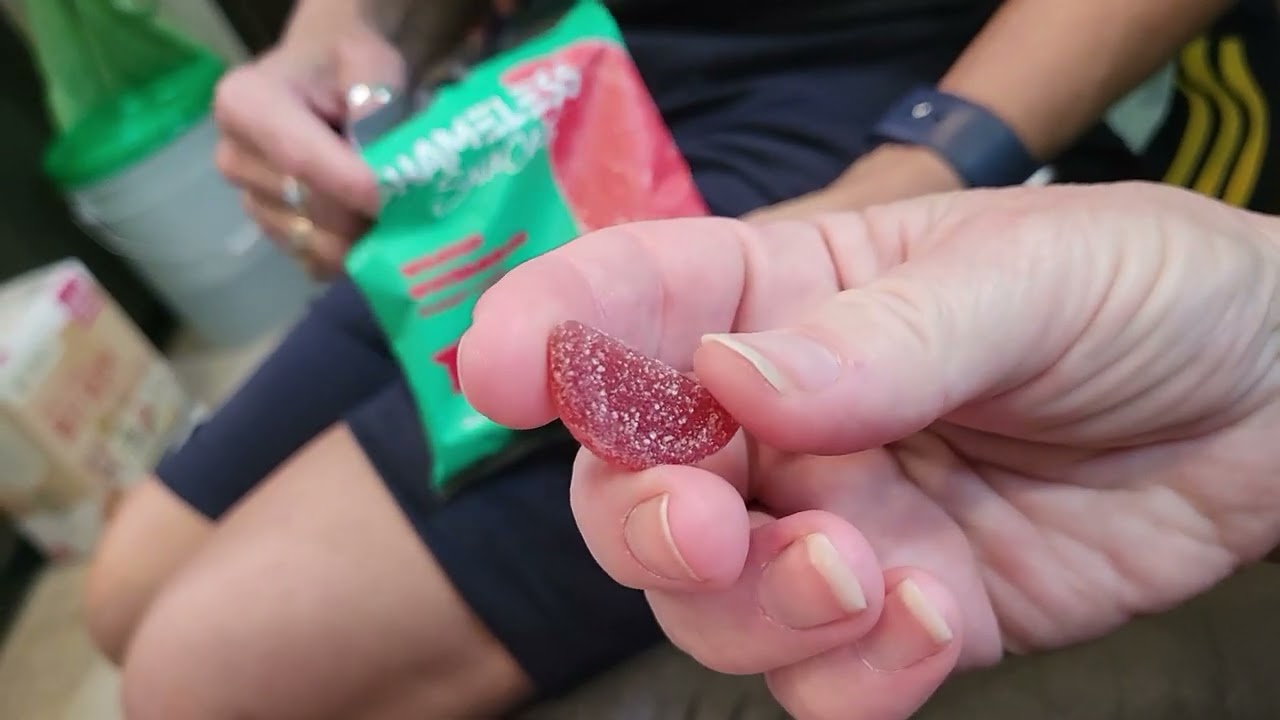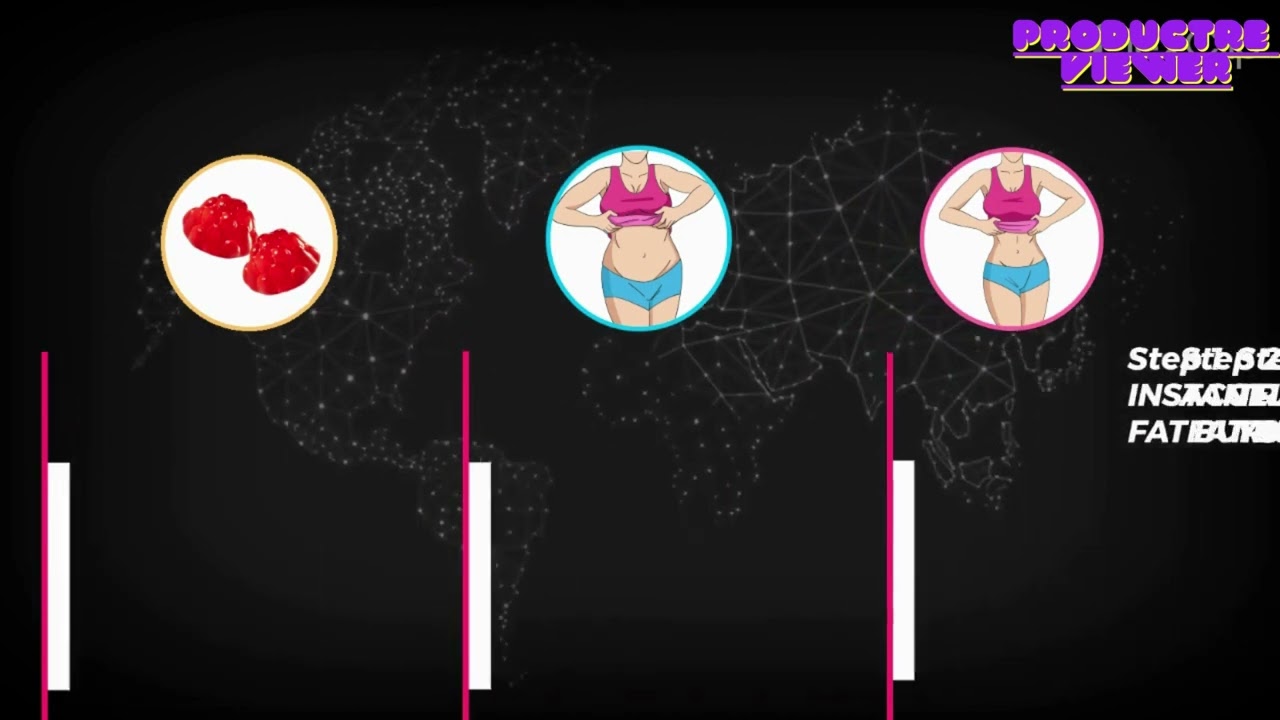Click here to get “Marshmallow Root For Weight Loss
“from the official website (Special Discount Code Applied)
Understanding Kidney Pain on the Keto Diet
The ketogenic diet, commonly known as the keto diet, has gained immense popularity over the last few years due to its potential benefits for weight loss, blood sugar control, and overall health improvement. By significantly reducing carbohydrate intake and replacing it with fat, the body enters a metabolic state called ketosis. While many individuals experience remarkable results on this low-carb diet, some may encounter unexpected health issues, including kidney pain. Understanding the relationship between the keto diet and kidney health is crucial for anyone considering this dietary approach. This article will explore the possible causes of kidney pain for individuals on a keto diet and provide practical strategies to prevent and manage these concerns.

The kidneys play a vital role in filtering waste products from the blood, regulating body fluids, and maintaining electrolyte balance. When the body undergoes significant dietary changes, as is the case with the keto diet, the kidneys may face additional challenges. One of the primary reasons individuals experience kidney pain while on keto is dehydration. The keto diet often leads to a diuretic effect in the body, where increased water loss occurs, resulting in a higher risk of dehydration. Since adequate hydration is essential for kidney function, failure to consume sufficient fluids can lead to kidney stones or other complications. Understanding how to maintain hydration while adhering to a keto diet is crucial for preventing kidney-related issues.
<pFurthermore, another factor that may contribute to kidney pain on the keto diet is the increase in protein intake. Keto enthusiasts often turn to protein-rich foods to compensate for the reduced carbohydrate intake. However, excessive protein can create additional strain on the kidneys, particularly for individuals with pre-existing kidney conditions. The kidneys are responsible for filtering out the byproducts of protein metabolism, and an overload can lead to discomfort or pain. Individuals on a keto diet should be aware of their protein consumption and consider balanced approaches to ensure their kidneys remain healthy.
<pMoreover, the composition of the keto diet can also influence kidney health. Many people on keto consume high levels of sodium due to processed keto-friendly foods, which may further stress the kidneys. High sodium intake can lead to increased blood pressure and further kidney complications, especially if not managed properly. Therefore, understanding the nutritional content of foods consumed on keto and making mindful choices can help in reducing the risk of kidney pain while enjoying the benefits of the diet. By addressing these critical factors, individuals can better navigate their keto journey without compromising kidney health.
Dehydration and Its Impact on Kidney Pain
One of the most significant contributors to kidney pain on the keto diet is dehydration. When carbohydrate intake is substantially reduced, the body tends to lose more water, primarily because glycogen, the stored form of carbohydrates in the body, binds with water. As glycogen stores deplete, water is expended, leading to a greater loss than usual. This can result in dehydration, which is detrimental to kidney function. Dehydrated kidneys struggle to filter out waste products effectively, leading to increased pain or discomfort. To counter this, individuals on a keto diet must be vigilant about their fluid intake.
To prevent dehydration, it’s crucial to maintain a consistent intake of water throughout the day. Drinking sufficient fluids becomes even more critical when engaging in physical activity, as exercise further contributes to fluid loss through sweat. A good rule of thumb is to drink at least 3 to 4 liters of water daily, but this can vary based on individual need and activity levels. Observing urine color can also be a useful indicator; a pale yellow color typically signifies proper hydration, while dark urine may suggest dehydration.
In addition to water, incorporating hydrating foods into the diet can also support hydration levels. Many vegetables and fruits, such as cucumbers, lettuce, and tomatoes, have high water content. Adding these foods to a meal supports hydration while aligning with the keto principles. Furthermore, electrolytes such as potassium and magnesium play a critical role in hydration, especially on a ketogenic diet. When fluid loses occur, replenishing electrolytes through diet or supplementation can help manage hydration effectively, thereby reducing the risk of kidney pain.
Understanding Protein Intake on Keto
When embarking on a ketogenic diet, many people misinterpret the role of protein. While protein is an essential macronutrient, excessive intake can strain the kidneys, particularly for those with pre-existing conditions. The keto diet typically requires a higher protein intake to compensate for the drastically reduced carbohydrates. However, the balance is critical. Too much protein can lead to an array of health issues, including kidney pain due to the accumulation of nitrogenous wastes that the kidneys must filter.
Kidney functionalities may not handle high protein levels efficiently, especially if there are underlying health issues. The kidneys process and excrete urea, a byproduct formed during protein metabolism. High protein diets raise urea levels in the blood, leading to increased kidney workload. For healthy individuals, this may not present immediate issues, but for those with compromised kidney function, this could be detrimental. Therefore, it is essential to strike a balance in protein intake while following a keto diet.
To appropriately manage protein intake, individuals should calculate their required levels based on personal health goals, activity level, and overall body weight. Nutritional guidelines often suggest that about 20-25% of total caloric intake should come from protein rather than excessively increasing protein without considering these factors. Consulting with a healthcare provider or a registered dietitian knowledgeable about keto can also guide individuals in determining their optimal levels of protein intake while maintaining kidney health.
The Role of Sodium in Kidney Discomfort
Sodium levels naturally fluctuate when following a ketogenic diet due to the significant changes in food groups and processing. Many keto-friendly processed foods contain high sodium levels for flavor enhancement, which can pose risks for kidney health. Excessive sodium intake can elevate blood pressure, leading to an increased risk of kidney damage. Consequently, individuals following a keto diet should be aware of sodium content and make conscious decisions regarding their food choices.
While sodium is an essential nutrient, its intake must be moderated on a keto diet. Awareness of hidden sodium sources, such as pre-packaged foods, sauces, or condos, is critical in managing overall sodium levels. Instead, incorporating whole, unprocessed foods into meals can help control sodium intake and provide more nutrients without added preservatives. Preparing meals from scratch with fresh ingredients allows greater control over sodium content and promotes kidney health while adhering to the diet.
Additionally, individuals should monitor their blood pressure regularly to assess the impact of their dietary choices. If elevated sodium levels lead to higher blood pressure readings, it may be necessary to reevaluate food choices and sodium consumption. Implementing herbs and spices as flavor alternatives to salt can also help reduce sodium intake while enhancing meal enjoyment. Overall, understanding sodium’s role in the context of a ketogenic diet is vital in preventing kidney discomfort and maintaining optimal health.
Preventive Strategies for Kidney Health on Keto
Taking proactive steps to ensure kidney health while on a ketogenic diet is essential for long-term success. Adopting a holistic approach by prioritizing hydration, balanced macronutrient intake, and nutritious foods can significantly minimize the risk of kidney pain. Regularly monitoring one’s hydration status by maintaining a water intake of at least 3-4 liters daily cultivates a healthy habit that supports both kidney and overall health. Drinking flavored water or herbal teas can also aid in meeting hydration needs while keeping the diet interesting.
Choosing nutrient-dense foods while being mindful of macronutrient ratios is equally vital. Incorporating a variety of vegetables, proteins, and healthy fats allows for a more balanced intake, reducing excess sodium and protein levels. Including potassium-rich foods such as avocados and leafy greens can support kidney function and enhance electrolyte balance. Creating diverse meal plans that prioritize whole and unprocessed ingredients will help establish a sustainable ketogenic lifestyle without compromising kidney health.
Lastly, scheduling regular health check-ups with a healthcare provider is critical. Individuals on a keto diet, especially those with pre-existing conditions, should engage in conversations about their dietary changes. Regular blood and urine tests can assess kidney function and detect any abnormalities early on. This ensures timely intervention, guiding individuals toward necessary dietary modifications to promote kidney health. By taking these preventive strategies seriously, one can enjoy the benefits of the ketogenic diet while minimizing the risk of kidney pain.
Addressing Common Questions About Kidney Pain on Keto
Kidney pain can be a concerning issue for individuals on the ketogenic diet, prompting questions about its causes and solutions. First and foremost, understanding that experiencing discomfort does not necessarily mean one must abandon the diet is vital. Many factors can contribute to kidney pain, and addressing them through preventive measures can result in better kidney health while maintaining dietary objectives.
One common question revolves around how dehydration can cause kidney pain. Dehydration exerts stress on the kidneys, leading to inadequate waste filtration and increasing the risk for kidney stones. To mitigate this issue, individuals on keto must prioritize hydration by consuming sufficient fluids and hydrating foods throughout the day. Regular monitoring of one’s fluid intake can ensure each person remains within a healthy hydration range.

Another frequent inquiry concerns the appropriate protein intake for kidney health while on a keto diet. It is essential to recognize and calculate protein needs based on individual health status, chore endeavors, and dietary goals. Engaging a registered dietitian can offer personalized guidance in navigating protein requirements to ensure the diet remains both effective and kidney-friendly. Lastly, understanding the impact of sodium consumption can assist individuals in making informed choices regarding sodium-rich foods, allowing better management of kidney health. An organized approach to dietary choices can profoundly influence long-term health outcomes on the keto journey.
Bacon And Eggs Weight Loss, Alli Weight Loss Diet Pills, Best Menopause Weight Loss App, Air Fryer Weight Loss Reviews, Adele Weight Loss Article, 30day Running Challenge Weight Loss, Are Tomatoes Fattening For Weight Loss, Best Menopause Weight Loss App, Are Tomatoes Fattening For Weight Loss, Best Menopause Weight Loss App